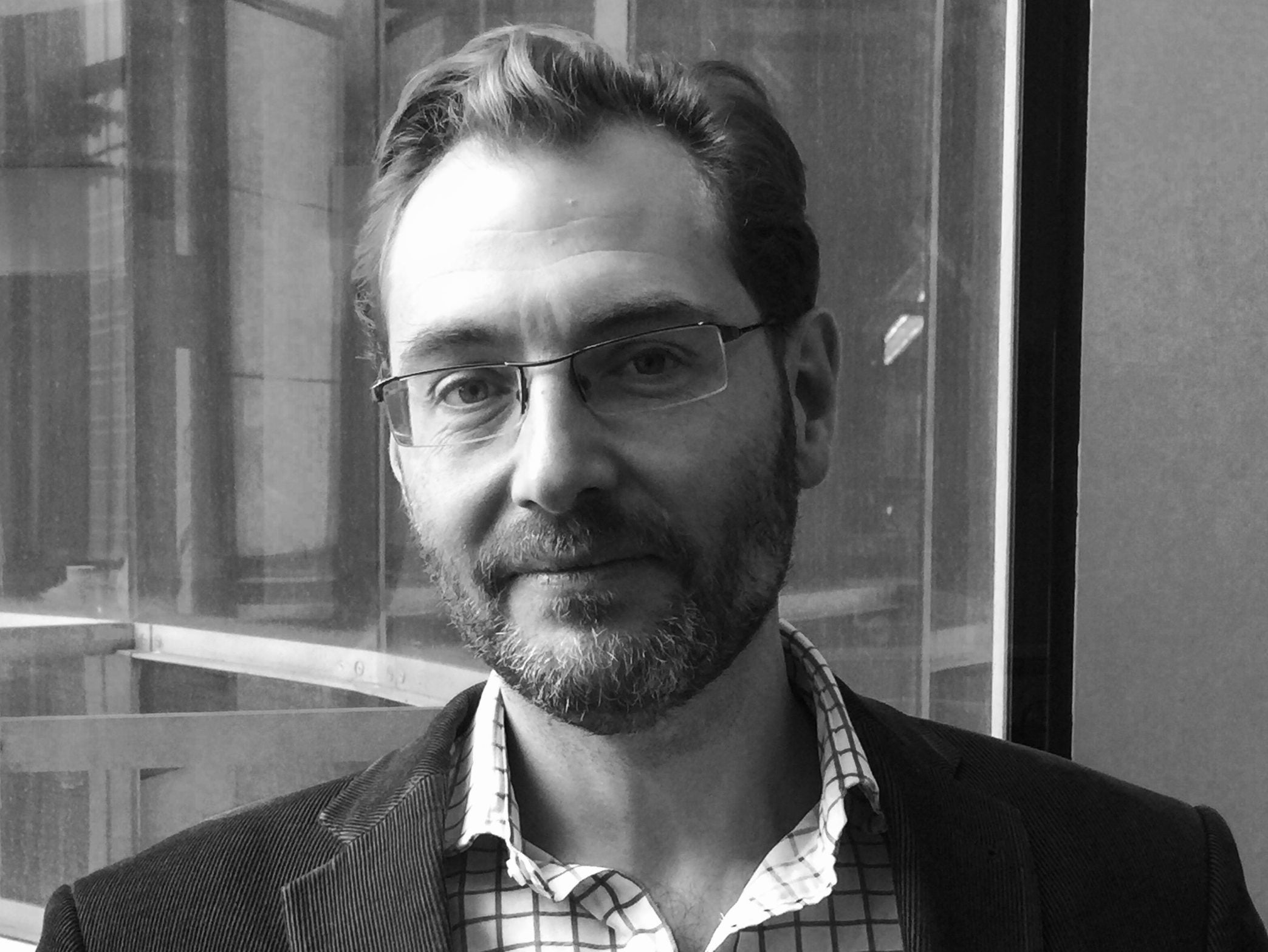
The head of the BBC’s Local Democracy Reporter scheme has said he is confident other countries with follow with similar schemes of their own after media organisations in New Zealand launched a version of the project.
Eight journalists will be recruited in New Zealand through a NZ$1m pilot scheme launched last week by public service broadcaster Radio New Zealand, broadcast funding agency NZ On Air, and an alliance of publishers through the country’s Newspaper Publishers’ Association.
In New Zealand, as in the UK, the reporters will be required to cover publicly-funded local authorities, such as councils, council committees and health boards, in their roles.
They are employed by a host publisher but expected to make their copy available to other eligible media organisations who sign up, mirroring the set up between the BBC and local news publishers in the UK.
Just under 150 local journalists were recruited under the Local News Partnership between the BBC and the News Media Association in the UK.
The first LDR was appointed in Kent in January 2018 and within 12 months the scheme’s reporters had filed 50,000 news stories.
Matthew Barraclough (pictured), head of local news partnerships at the BBC, told Press Gazette he expects other countries to follow in the UK’s footsteps, saying the LDR scheme is a good example of the corporation’s wider role to take creative risks.
The BBC has had “plenty of conversations” with other public service broadcasters and news organisations around the world who are keen to learn from its experiences, he added.
“We believe local news is a public good in any country and so we’re delighted if other places can learn from us and use anything we’re doing as a model to take action. New Zealand is the first, but I’m confident others will follow,” he said.
“A number of countries in Europe, North America and down under have been watching the LDRS with interest, because the issues it’s trying to address are common is so many media markets.
“It is a tribute to the reporters, their employers and the wider partnership that the model can be adopted elsewhere in the world.”
Explaining why the scheme is working so well and what makes it replicable, Barraclough said: “The key point about the scheme is the work of the Local Democracy Reporters supports a broad base of local news organisations, not just the ones that employ them. So any money spent on a scheme of this nature creates a lot of benefit.
“The service also targets the parts of public life that are arguably hardest to resource and yet also essential in a healthy democracy.”
New Zealand Herald editor Murray Kirkness, editor-in-chief of newsrooms at Stuff.com Bernadette Courtney and RNZ news director Alex van Wel visited ten of the UK LDR scheme’s local news partners over a week in January.
They visited the Hackney Citizen in London, Cambridge Evening News, Get West London, Glasgow Evening Times, Edinburgh Evening News, Manchester Evening News, Northampton Chronicle & Echo, Free Radio in Birmingham; BBC London radio and KM FM radio station in Kent.
In New Zealand, the funding is guaranteed for 12 months from the one-off NZ$6m RNZ/NZ On Air Innovation Fund, with later funding dependent on the success of the pilot.
NZ On Air chief executive Jane Wrightson called the scheme a “timely intervention”.
“NZ On Air’s role is to ensure public media funding addresses gaps in the market,” she said.
“It has become increasingly clear that New Zealanders want and need more reporting on the issues at home, that affect them and that the commercial news market is finding it difficult to meet these needs.”
Email pged@pressgazette.co.uk to point out mistakes, provide story tips or send in a letter for publication on our "Letters Page" blog
